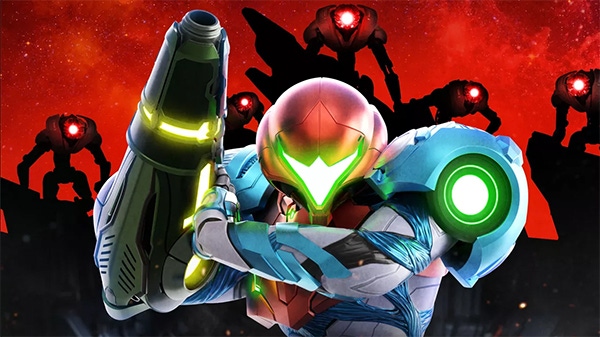Trending
Opinion: How will Project 2025 impact game developers?
The Heritage Foundation's manifesto for the possible next administration could do great harm to many, including large portions of the game development community.
A new IGDA special interest group wants studios and publishers to consider new methods for crediting game developers.

“How can we make this as easy as developing tooling for Unreal or Unity that we can just hand to developers and say, ‘Here. You just need a JSON file and to push a button, and then it'll shoot out a UI-based text format that then you can plug into your engine and scroll’?”
- Katie Golden, senior product manager and chair of the IGDA Special Interest Group on game credits
The International Game Developers Association's crediting special interest group (SIG) has a new membership roster looking to update best practices at game studios for crediting game developers. In a conversation with IGN reporter Rebekah Valentine, members of the group shared ideas for how studios can improve their crediting practices.
Why do these practices need to be improved? Many of our readers are sadly familiar with the fact that either through negligence or malice, a game's credits may not always reflect all the people who work on them.
Some companies (like MercurySteam) use arbitrary metrics to determine if someone's work is creditable, others will actively retaliate against developers by omitting their names or changing how they're credited.
Stories like this pop up on social media every few years, but as Katie Golden (chair of the new special interest group) noted to IGN, nothing ever gets done about them.
What she and her colleagues are proposing isn't just about equal treatment, it's about improving the development process. Game credits historically have been exported .mov files. Fancier credit scrolls will require hours to render, and just getting one character wrong could create an additional 6 hours of work.
That makes updating game credits costly and expensive. However, video games already render graphics and text by pulling data from spreadsheets—why don't credits do this?
Golden's pitch to IGN was a plugin for Unity or Unreal that can take a JSON file and convert it into a UI-based text format that can be rendered through a game engine. Just create some cool effects, maybe have game characters make some cameos, and boom, you've got easily modifiable credits.
Games with online connections could also make these credits updatable. If someone changes their name for legal or religious reasons, they can maintain consistent credits just by requesting that their names be updatable.
If a company learns that someone's name was credited incorrectly, because of prior management's incompetence or discrimination, they could update the text. The process could be as simple as issuing quiet updates, which benefit even single-player games these days.
The idea Golden and her colleagues proposed isn't a silver bullet, and there are still strong ethical guidelines that would need to be in place to prevent a disgruntled co-worker or future saboteur from harming individual developers or even the entire development team.
But their proposed solution definitely has merit. After all, wouldn't it be better if game credits weren't locked into .mov files that take up gigabytes of space?
Update 8/11: This article has been updated to correct Golden's job title and age of the IGDA special interest group.
You May Also Like